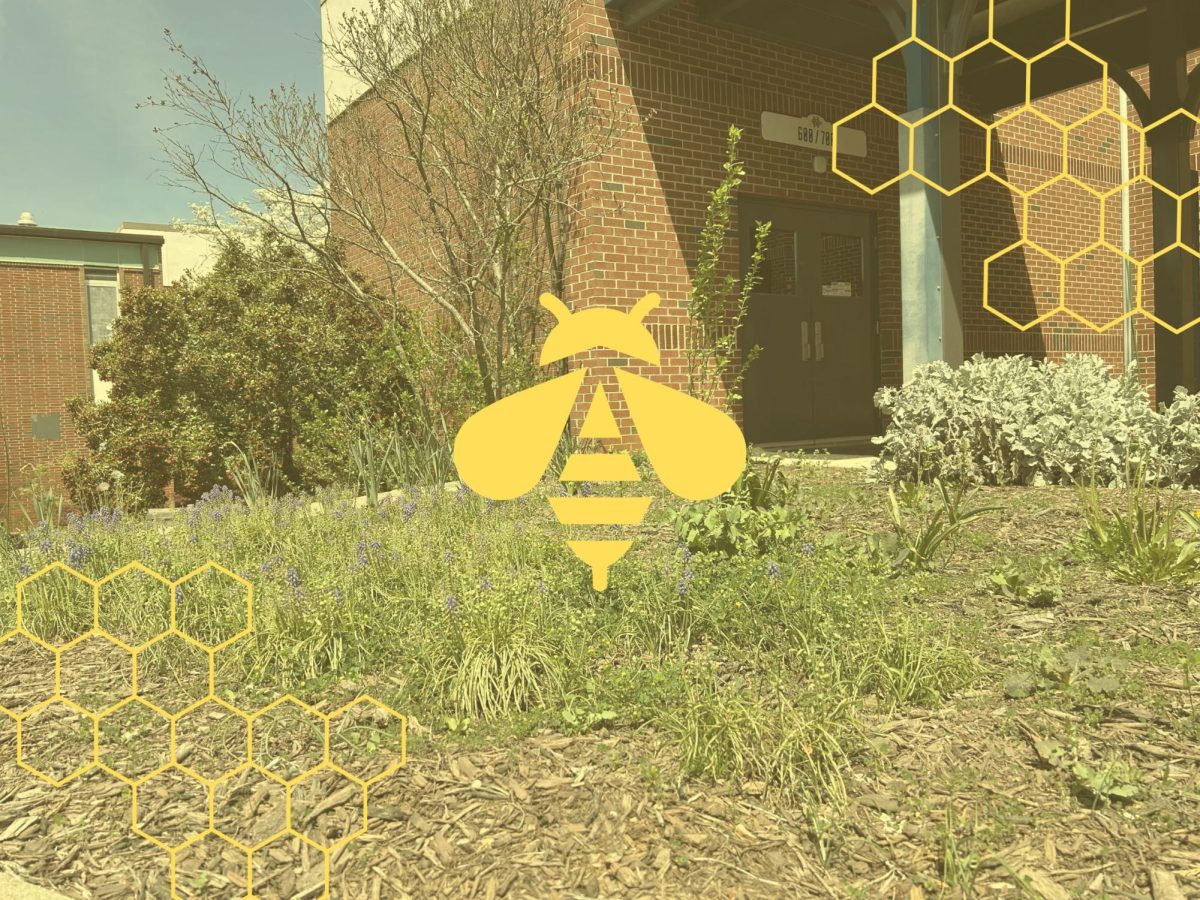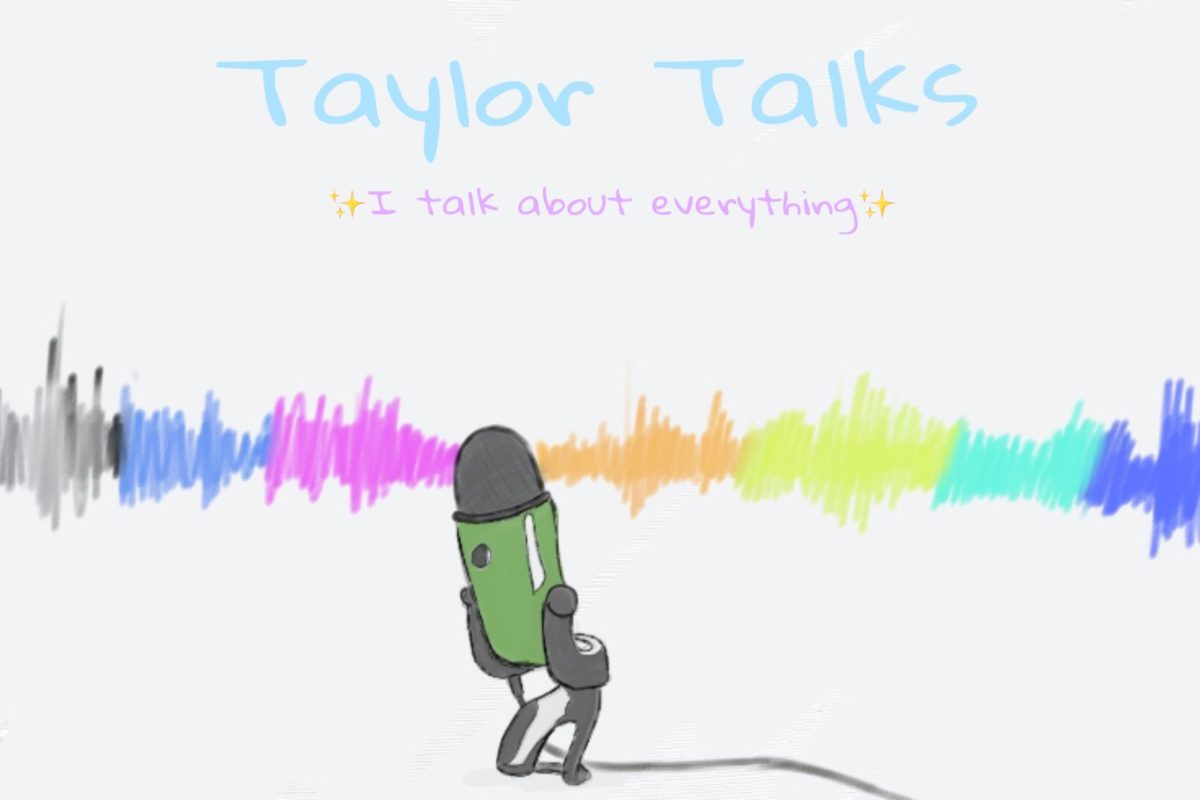In writing the CommonApp essay, numerous aspirants of higher education may feel unprepared to tackle such a daunting piece. Unlike a normal English class assignment, a college essay possesses no rubric or guidelines; it holds weight for a student’s future, and various applicants become left with stress and anxiety in navigating how to create a superb paper. However, students can simplify this process by taking the steps one at a time and writing each sentence with intention.
Brainstorming
Before formulating a sound college essay, it remains pertinent to create a list of potential topics. Prior to nailing down a singular theme for a college essay, brainstorming multiple topics can help a student see what path they want to take with their writing.
Numerous beneficial resources pervade the internet, providing exercises of self-reflection and introspective thought. CollegeEssayGuy in particular stands out as a valuable site students can visit, as the page offers various tools and tricks for an essay topic.
“I think that underclassmen should brainstorm significant experiences or challenges they may have faced. It doesn’t have to be as serious as breaking your hand or about a sports competition. Write about how that experience molded you into who you’ve become and how you will grow as a result on the college campus. It didn’t take me long to figure out that I wanted to write about the way of cooking that’s been passed down through my family. I was between writing about my parents’ experiences with immigration, but I chose to add in my own experience while also expressing my parents in my college essay,” magnet senior Betty Esayas said.
Writing
While merely writing may seem easier said than done, one can overcome struggles by composing abstract thoughts. Fiction authors commonly use the concept of freewriting to help overcome writer’s block — and the same principle applies to a college essay. Laying out one’s thoughts without stopping to think, edit or revise helps transfer ideas onto paper and proves beneficial to those struggling with devising their essay. Typically called info-dumping, the strategy prevents idea blockage and can help essay writers discover a coherent sense of their piece’s content.
Editing
Once the hard part of actually writing subsides, a prominent step follows: editing. Not only does self-editing play an important role in the essay writing process, but also asking a friend or an English teacher to read over the work helps to refine vague or unnecessary attributes. The CommonApp essay does necessitate a word limit, so receiving feedback may help a verbose writer cut back on word fluff and, conversely, help a terse writer add detail or reflection to his or her piece.
Refining
After obtaining one or multiple rounds of editing and feedback, constantly revising a college essay can help shape it to its brightest form. A student may write his or her essay early, but maintaining edits and fixing the piece up until submission may prove beneficial as the student grows and changes. An essay may not feel completely submission-worthy as the months pass, which remains a normal feeling for a teenager who has never journeyed through the application process. In constant revisions, students may find the truest manifestation of their topics, ultimately creating authenticity and displaying dedication in their work.
“It’s good to think about [an essay topic] early, but life is constantly changing, and who you are at the beginning of your senior year may not be who you are now; so, don’t feel 100% committed to a topic right now. When it is time to write: be honest, as honest as you are comfortable being. Don’t be afraid to write about something that does actually make you unique and interesting. And don’t make the mistake of thinking that there is nothing unique or interesting about yourself — there is, I promise,” magnet American Literature teacher Alexandra Yeganagi said.
Overall, writing a college essay seems challenging, but NC teachers provide various backgrounds and levels of expertise to help students craft an excellent piece. When an applicant breaks down the project into its basic parts, the task becomes increasingly manageable, setting the student up for a bright future of success beyond high school.



















